The Unsettling Ripple Effect: How the Korumburra Mushroom Murders Shook a Community
The Unsettling Ripple Effect: How the Korumburra Mushroom Murders Shook a Community
The serene, rolling hills of Victoria’s Gippsland region typically offer a tranquil escape, but the small town of Korumburra has been anything but peaceful in the wake of a shocking poisoning case. The community, once defined by its close-knit nature and the respected figures who lived there, now grapples with the profound and lasting impact of a tragedy that transcended local news to become a global phenomenon.
Korumburra was the home of Don and Gail Patterson, a beloved couple who had been pillars of the community since 1984. They raised their four children in this town of 5,000, instilling values of kindness and community spirit. Gail’s sister, Heather Wilkinson, and her husband, Ian, also resided nearby, with Ian serving as the pastor at the local Baptist church. These deeply rooted connections were tragically severed on July 29, 2023, when a family lunch at Erin Patterson’s home led to the deaths of Don, Gail, and Heather, while Ian narrowly survived after a life-saving liver transplant and weeks in a medically induced coma.
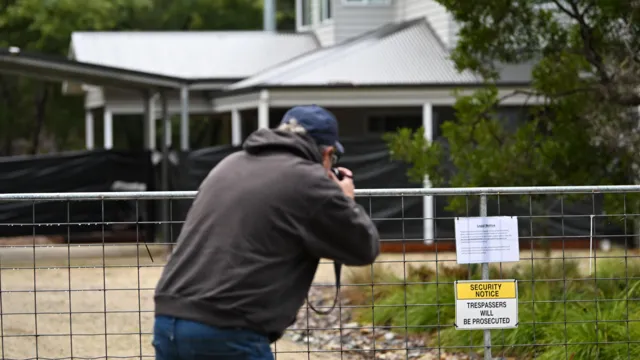
The subsequent 10-week trial saw Erin Patterson found guilty of three counts of murder and one of attempted murder, after her defense that she accidentally served toxic mushrooms was rejected by a jury. The extensive media coverage and international fascination with the case, however, cast a long shadow over Korumburra, a town that simply wished to grieve and heal in peace. Local councillor Nathan Hersey articulated the community’s sentiment, stating, “It’s not an easy thing to go through a grieving process… and it’s particularly not easy when there’s been so much attention.” He expressed hope that the verdict would offer a path toward closure for many.
The victims were not merely residents; they were integral to the fabric of Korumburra. Don Patterson, a former school teacher, is remembered with great fondness by generations of students for his engaging personality and profound impact on their education. Similarly, Heather and Gail Patterson were known for their exceptional generosity and kindness, deeply valued by all who knew them. A poignant tribute on the Korumburra Baptist Church noticeboard described them as “very special people who loved God and loved to bless others,” a sentiment echoed by many who shared deep friendships with them over decades.
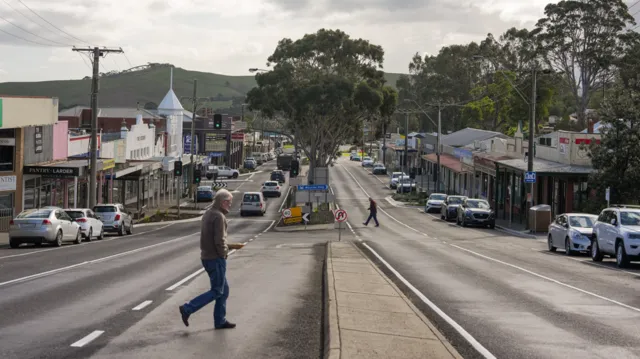
The ripple effects of the tragedy extended beyond Korumburra to neighboring communities. In Outtrim, residents of Neilson Street found themselves under scrutiny, with the prosecution alleging that the lethal death cap mushrooms, identified through citizen science platforms, may have been foraged from their gardens. Cell phone data presented in court suggested Erin Patterson had visited these locations. Ian Thoms, a resident of Neilson Street, shared the unsettling experience: “Everyone knows somebody who has been affected by this case.” He highlighted the personal connections within the community, where family members were involved in law enforcement and the legal proceedings, intensifying the shared trauma.
Further afield, in Leongatha, Erin Patterson’s empty house became a somber point of interest, drawing curious onlookers and even reports of tour buses. The property, purchased with an inheritance, now sits secured with a “trespassers will be prosecuted” sign. Neighbors expressed a mixture of intrigue and weariness at the constant attention, a stark contrast to the usual quiet life in the rural area. “When you live in a local town you know names – it’s been interesting to follow,” commented Emma Buckland, a local. Her mother, Gabrielle Stefani, described the situation as “bizarre,” noting the surreal nature of such an event unfolding in their familiar landscape.
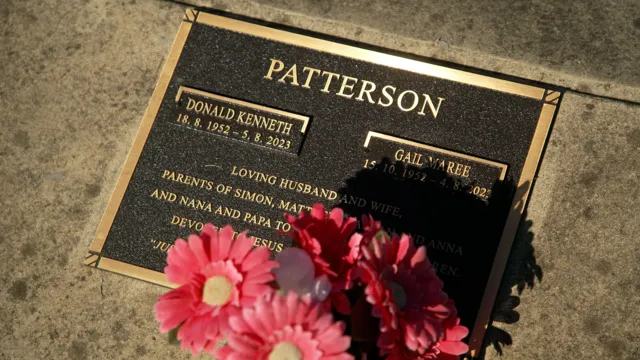
Morwell, the administrative center where the trial was held, experienced a different kind of upheaval. Journalist Liam Durkin observed that the usually “sleepy town” had “come to life” during the trial, with local businesses, particularly cafes like Jay Dees, seeing a significant increase in customers. However, the intense focus on the case also stirred pre-existing community discussions about crime and the justice system. Laura Heller of Jay Dees noted, “This town is affected by crime a lot, but it’s a very different type of crime,” referring to issues like drug use and youth offending. She added, “Half the community don’t really have much faith in the police force and our magistrates.” This sentiment highlights a deeper societal tension exacerbated by the high-profile trial.
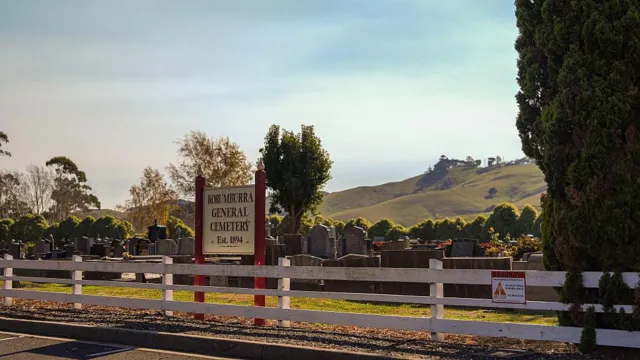
The economic downturns experienced by Morwell in recent years, with the closure of its paper mill and a nearby power station, had already placed a strain on the community. The influx of media and public attention, therefore, felt particularly jarring. For many, the case became more than a crime; it morphed into a form of “pop culture,” as Mr. Hersey observed, overshadowing the profound loss experienced by those directly affected. He emphasized the community’s desire to be remembered for its resilience and mutual support rather than for the horrific events that unfolded.
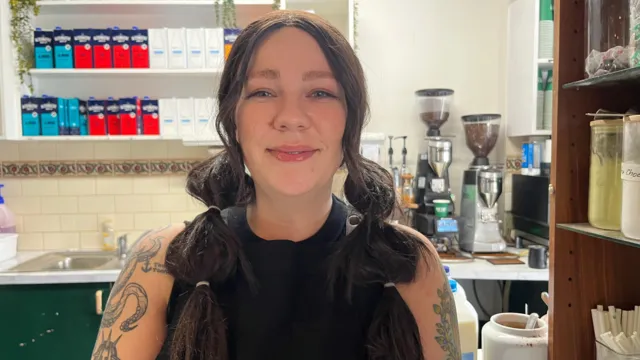
The mushroom murders have undeniably left an indelible mark on Victoria’s Gippsland region. While the legal proceedings have concluded, the emotional and social reverberations continue. The story serves as a somber reminder of how isolated incidents can profoundly impact close-knit communities, testing their resilience and fundamentally altering their perception of safety and trust. The hope remains that, in time, the strength and solidarity of these communities will help them to heal and move forward, forever changed but ultimately resilient.



Post Comment